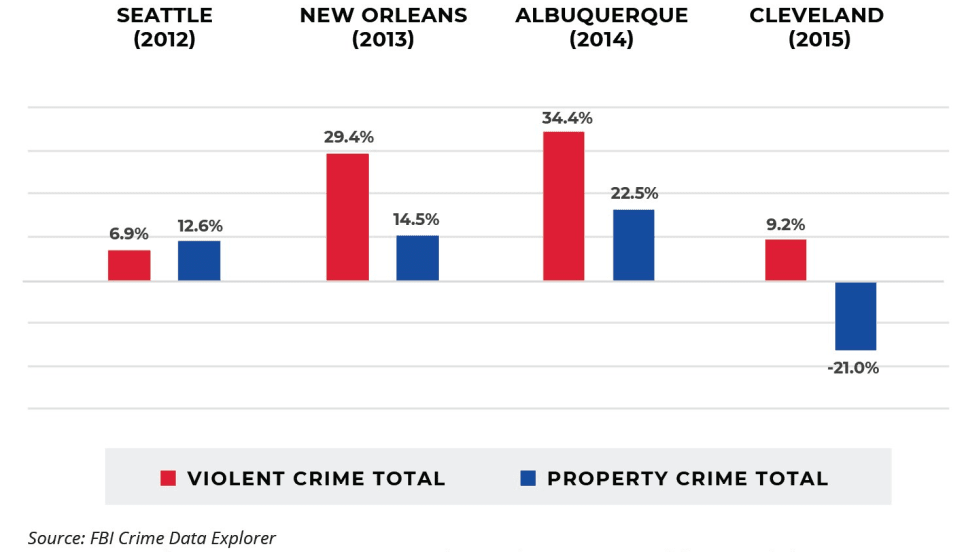Today’s law enforcement officer is forced to act as a mental health worker in a system that is obviously broken.
Mental illness is surrounded by stigma, fear, and discrimination. To help combat this, law enforcement created its own politically correct jargon. We use the term “emotionally disturbed person” (EDP) to describe a person with emotional, mental, or erratic behavior that affects their decision-making process that may include hurting themselves or others. In dealing with EDPs, one must use a variety of skillsets to de-escalate or defuse situations, requiring officers to communicate respectfully, practice active listening, and avoid stereotyping.





